The Seed Library
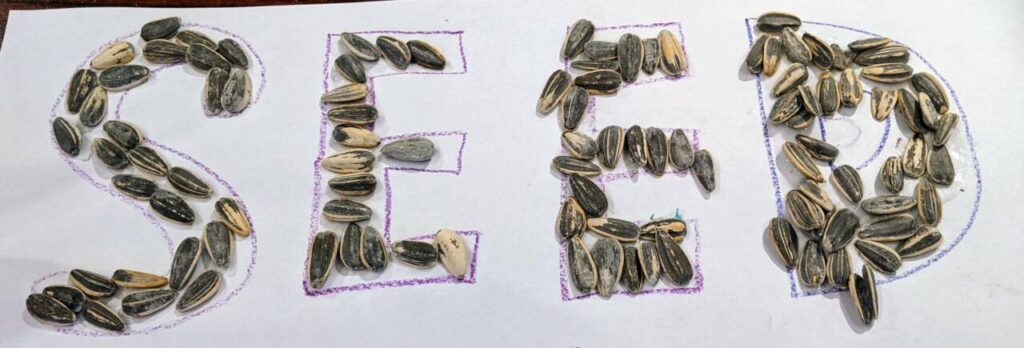
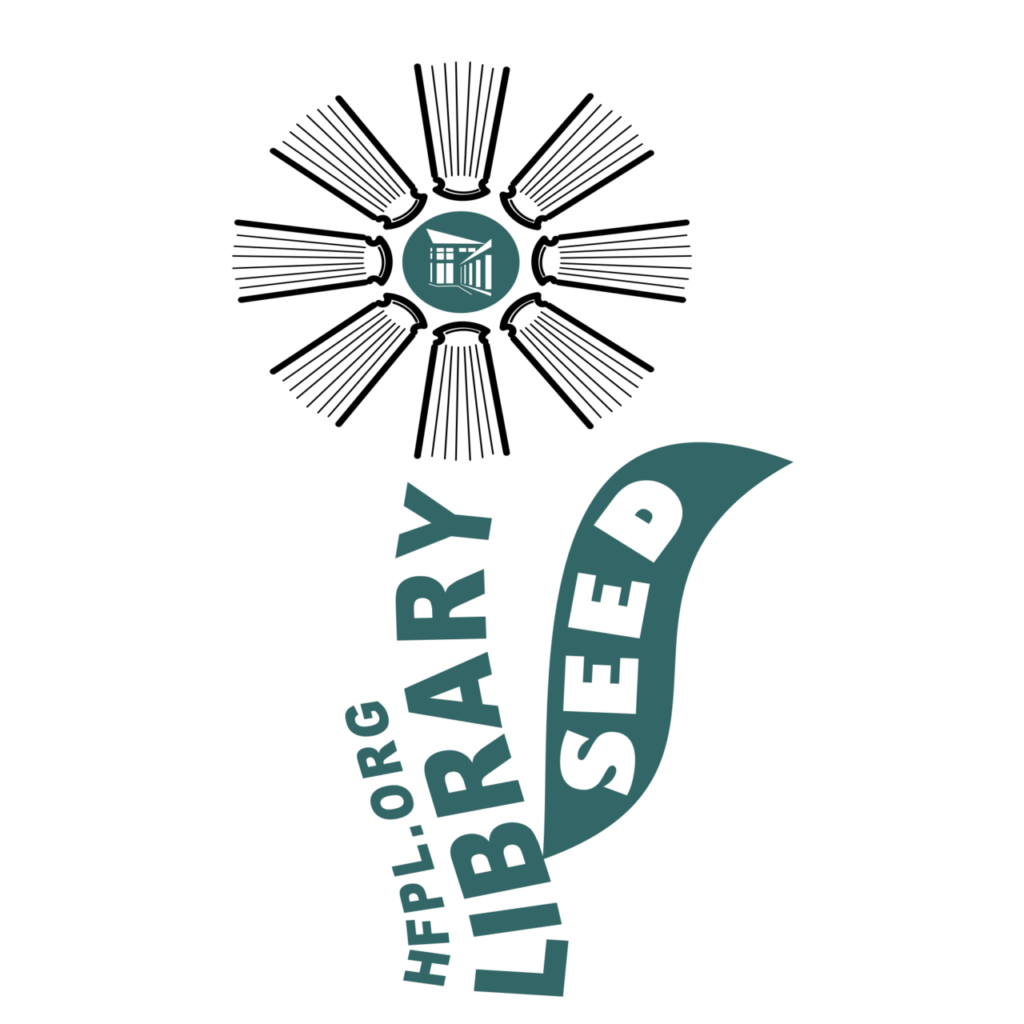
A seed library is a community resource intended to help foster greater knowledge and understanding of plants and nature. Did you know there are over 3,000 varieties of open-polinated heirloom tomatoes in the Seed Savers Exchange Catalog? You will not find these in the local supermarket, but you can grow them in your backyard or on your deck.
Our collection of seed is intended to be taken home by interested patrons and grown. There is no obligation to return seeds to the library! Some varieties can be saved from successful plants and returned to the library at the end of the growing season. Most of the seeds that are available in the seed library are donated by other patrons, or by seed companies that graciously donate seeds to local community seed libraries, such as Seed Savers Exchange, High Mowing Organics, and Bakers Creek.
The seed library at Hillsdale Free Public Library is maintained by volunteers and staff with an interest in growing vegetables, herbs, and flowers. We also just love learning how nature works.
“No guarantees!”
What Seeds are Available?
We are unable to provide a real-time inventory of available seeds. Below is a gallery of packets that were recently donated which were divided into smaller packs. It is not a complete representation of the current inventory.
Books in our collection
You will find most gardening books in non-fiction at 635 in either the adult or children’s collections. Books about seeds are classified at 361.521. Below are some featured titles which include some fictional books with a strong seed growing and preservation theme.

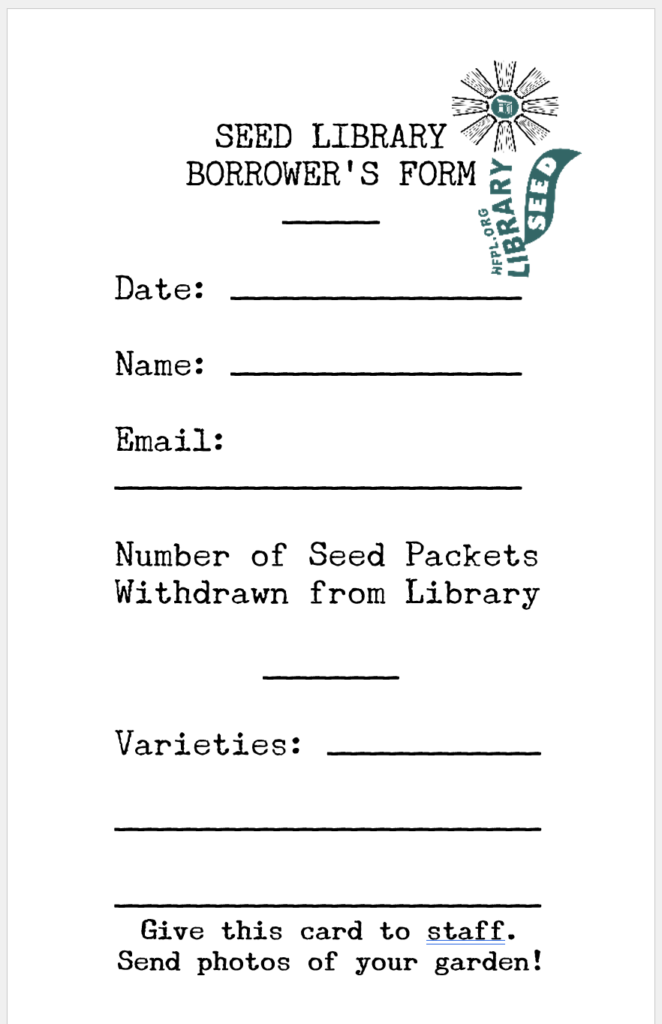
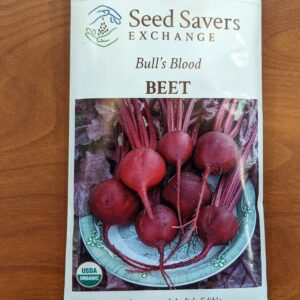
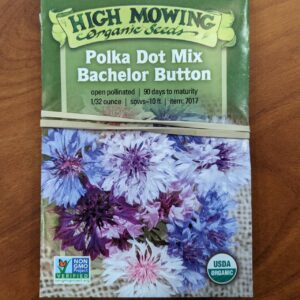
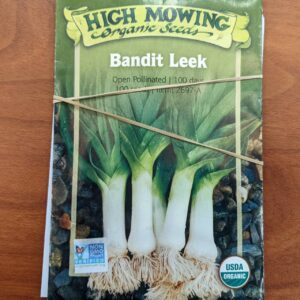
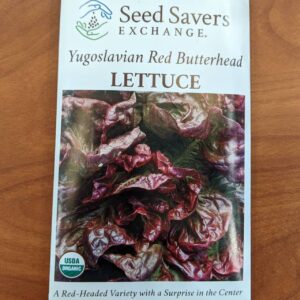
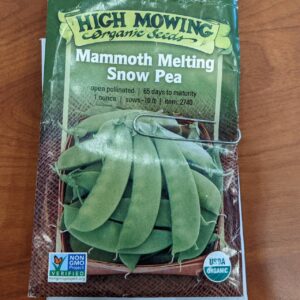
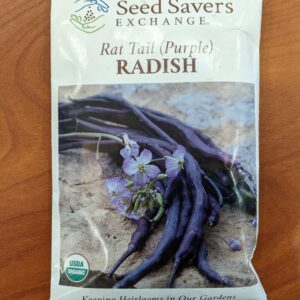
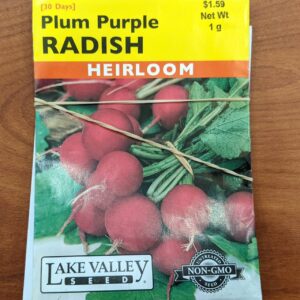
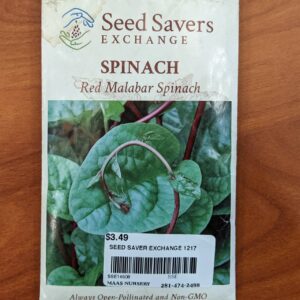
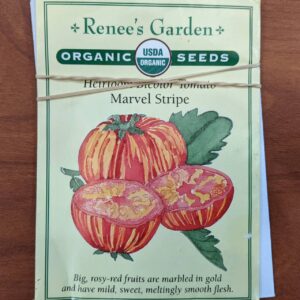
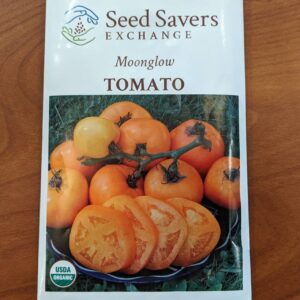
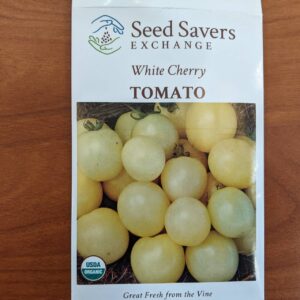
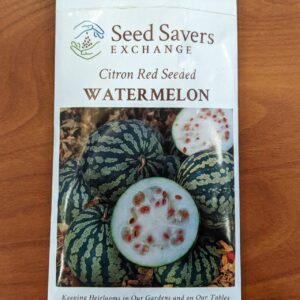
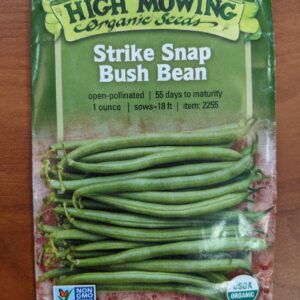
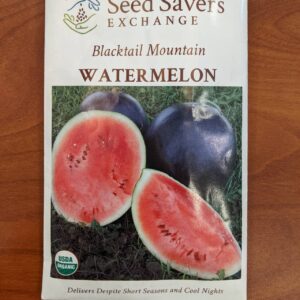
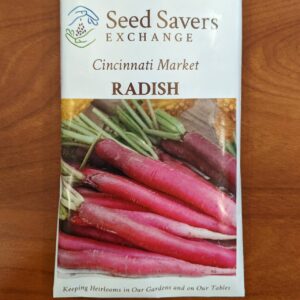
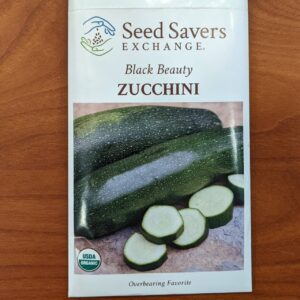
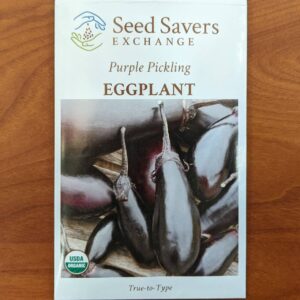
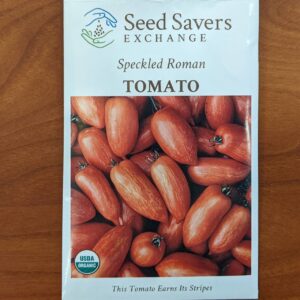
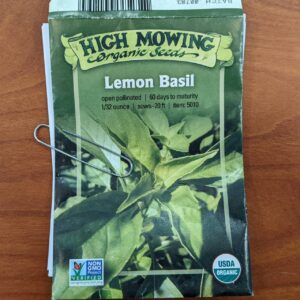
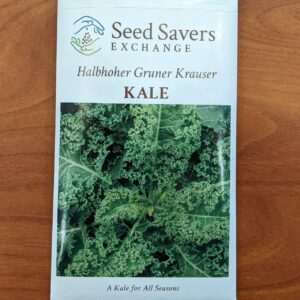
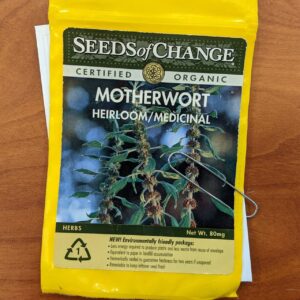
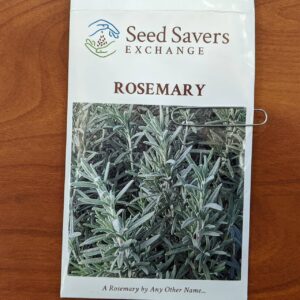
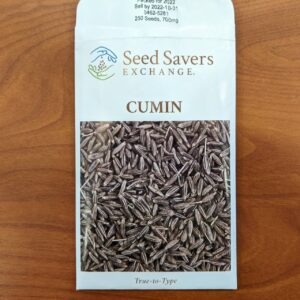
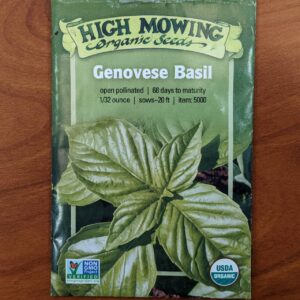
You must be logged in to post a comment.